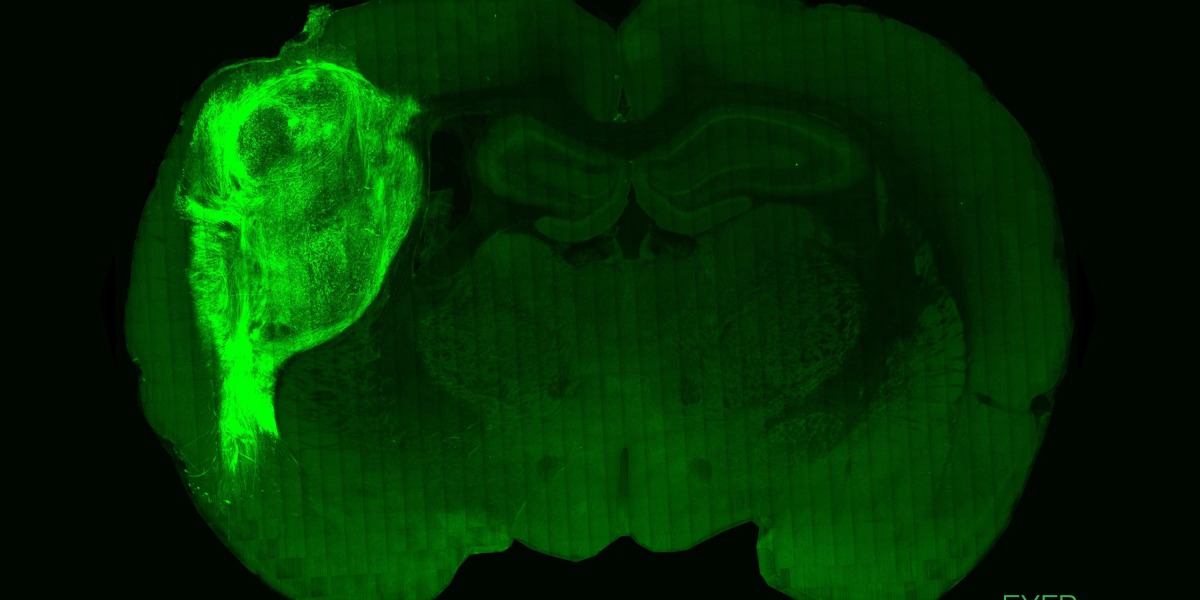- DZTL SciTech
- Posts
- Rats with human brains?
Rats with human brains?
How lab-grown brain cells transplanted in rats' brains can help us treat diseases
Researchers have successfully transplanted lab-grown clumps of human brain cells into newborn rats' brains, where they integrated with the rodents' neural circuits, making up around one-sixth of their brains. This groundbreaking study could help advance our understanding of human neuropsychiatric disorders.

Imagine generated with Midjourney
The complex nature of the brain makes it challenging to study how changes to lab-grown neurons, or organoids, might contribute to neuropsychiatric symptoms. To overcome this, scientists transplanted organoids into living rats' brains. The organoids were created from skin cells, which were transformed into stem cells and then encouraged to form layers resembling the human cortex, responsible for thought, vision, hearing, memory, and environmental sensing.
The resulting three-dimensional organoids were injected into the brains of days-old rats through a skull incision. In a separate experiment, the researchers used optogenetics, a technique involving shining light on gene-edited brain cells to trigger them to fire, to demonstrate the integration of the organoids with the rats' brains. This allowed them to influence the rats' reward-seeking behavior.
By creating organoids from cells taken from individuals with specific brain diseases, this research could help us better understand and potentially treat such conditions. This does raise ethical concerns however, given that this could lead to creating enhanced animals that might have greater cognitive capacities than usual.

